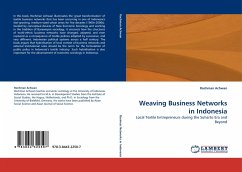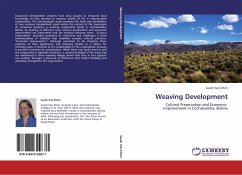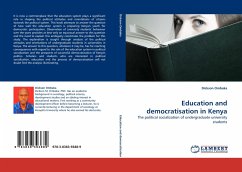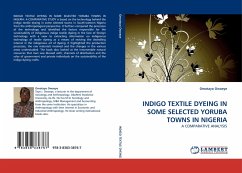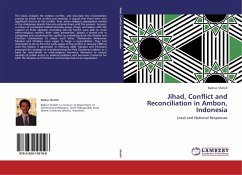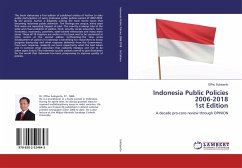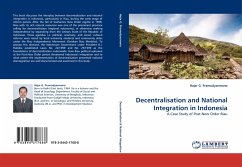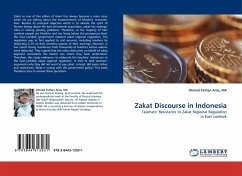In this book, Rochman Achwan illuminates the 'great transformation' of textile business networks that has been occurring in one of Indonesia's fast-growing, medium-sized urban areas for five decades (1960s-2000s). Guided by conceptual devices of New Economic Sociology and working in the tradition of Burawoyan sociology, it uncovers how the structures of multi-ethnic business networks have changed, adapted, and even ruptured as a consequence of textile policies adopted by successive, and very different, Indonesian political systems across a half century. The book argues that hybridisation of local context of business networks and external institutional rules should be the norm for the formulation of public policy in Indonesia's textile industry. Such hybridisation is also important for the advancement of economic sociology in Indonesia.
Bitte wählen Sie Ihr Anliegen aus.
Rechnungen
Retourenschein anfordern
Bestellstatus
Storno

